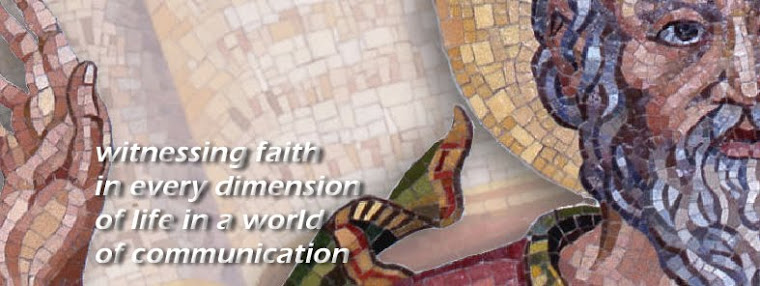VATICAN - Pontifical Council for the New Evangelization instituted: “The whole Church presents herself to the contemporary world with a missionary thrust capable of promoting a new evangelization.”
Vatican City (Agenzia Fides) - “The Church has the duty to proclaim always and everywhere the Gospel of Jesus Christ.” These are the opening lines of the Apostolic Letter written in “motu proprio” entitled “Ubicumque et semper” of the Holy Father Benedict XVI with which he instituted the Pontifical Council for Promoting the New Evangelization. Although it was made public today, the Letter is dated September 21, 2010, Feast of Saint Matthew, Apostle and Evangelist.
Faithful to the mandate entrusted to her by the Lord prior to His Ascension to the Father, the Church since Pentecost “has never tired of making known to the whole world the beauty of the Gospel, proclaiming Jesus Christ, true God and true man...Hence, the evangelizing mission, continuation of the work desired by the Lord Jesus, is for the Church necessary and irreplaceable, expression of her very nature.”
“This mission has taken on in history ever new forms and modalities according to the times, the situations and the historical moments,” the Pope continues. “In our time, one of its singular features has been to be confronted with the phenomenon of estrangement from the faith, which has manifested itself progressively in societies and cultures that for centuries seemed permeated by the Gospel.” The Pope then cited the social transformations that in recent decades “have modified profoundly the perception of our world”: progress of science and technology, of the expansion of the possibilities of life and the areas of individual liberty, the profound changes in the economic field, the process of ethnic and cultural mixes caused by massive migratory phenomena, the growing interdependence among peoples. “All this has not happened without consequences also for the religious dimension of man's life,” highlights Benedict XVI. Along with the the undeniable benefits of these transformations there is also “a worrying loss of the sense of the sacred, even calling into question those foundations that seem indisputable.”
The II Vatican Council, and later Paul VI and John Paul II, reflected further “on the need to find adequate ways to enable our contemporaries to continue to hear the living and eternal Word of the Lord.” Thus, Benedict XVI proceeds: “Assuming, therefore, the concern of my venerable Predecessors, I consider it opportune to offer adequate answers so that the whole Church, allowing herself to be regenerated by the power of the Holy Spirit, present herself to the contemporary world with a missionary thrust capable of promoting a new evangelization. The latter makes reference above all to the Churches of ancient foundation, which however, live very different realities, to which different needs correspond, which await different impulses of evangelization.”
It is precisely the diversity of the situations that call for an intent discernment, the Letter says. To speak of "new evangelization" does not mean, in fact, to have to elaborate a single equal formula for all the circumstances. “And yet, it is not difficult to realize what all the Churches need that live in traditionally Christian territories, which is a renewed missionary drive, expression of a new generous openness to the gift of grace.”
The Pontifical Council has several specific tasks: to reflect on the theological and pastoral meaning of the new evangelization; to promote and foster the study, diffusion and realization of the papal Magisterium related to topics connected with the new evangelization; to make known initiatives linked to the new evangelization already under way in the various particular Churches and to promote their new realization, involving actively also the resources present in the Institutes of Consecrated Life and Societies of Apostolic Life, as well as the aggregations of faithful and in the new communities; to study and foster the use of modern forms of communication, as instruments for the new evangelization; to promote the use of the Catechism of the Catholic Church. (SL) (Agenzia Fides 12/10/2010)


No comments:
Post a Comment